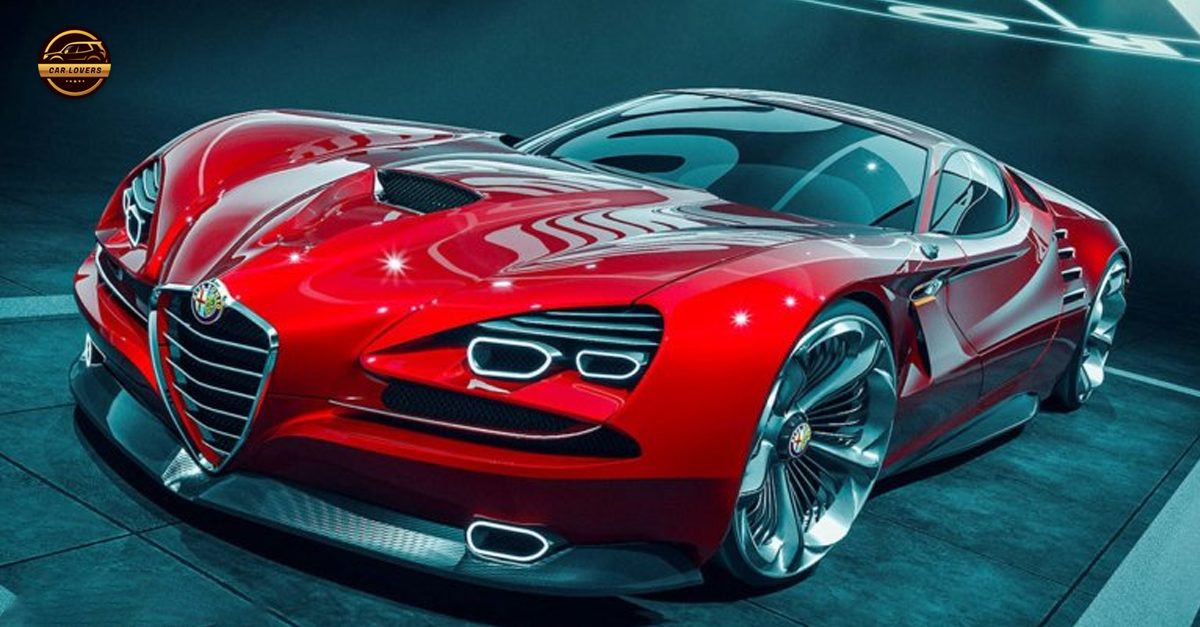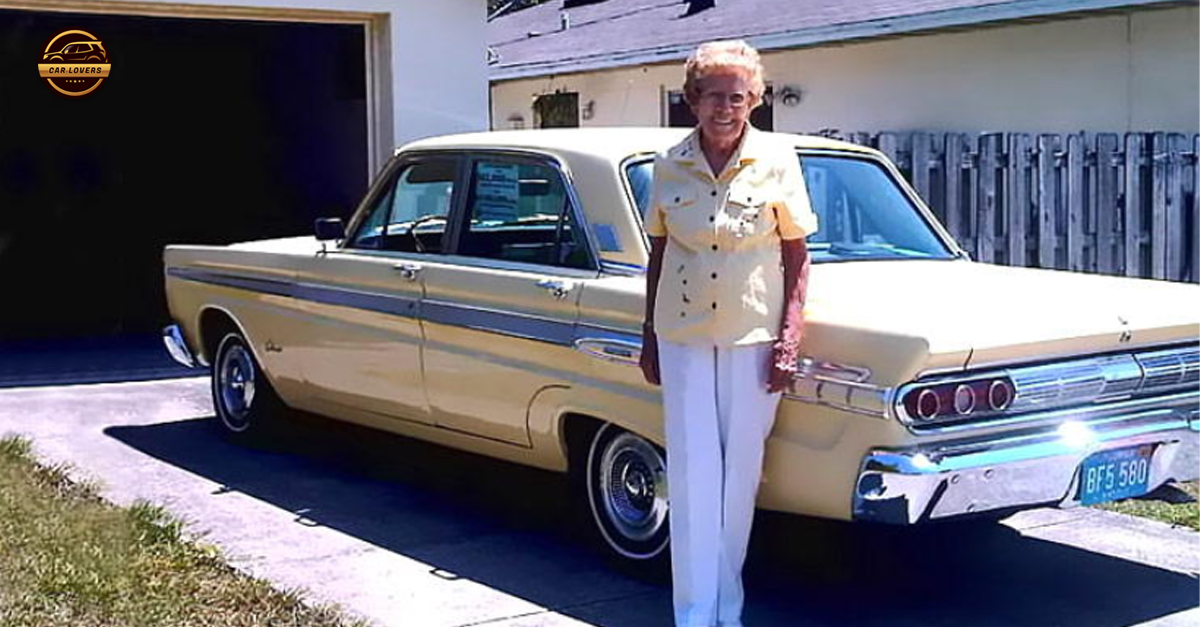Swedish automaker Polestar has launched an initiative that allows art collectors to directly trade artworks for the company’s Polestar 1 performance hybrid car.
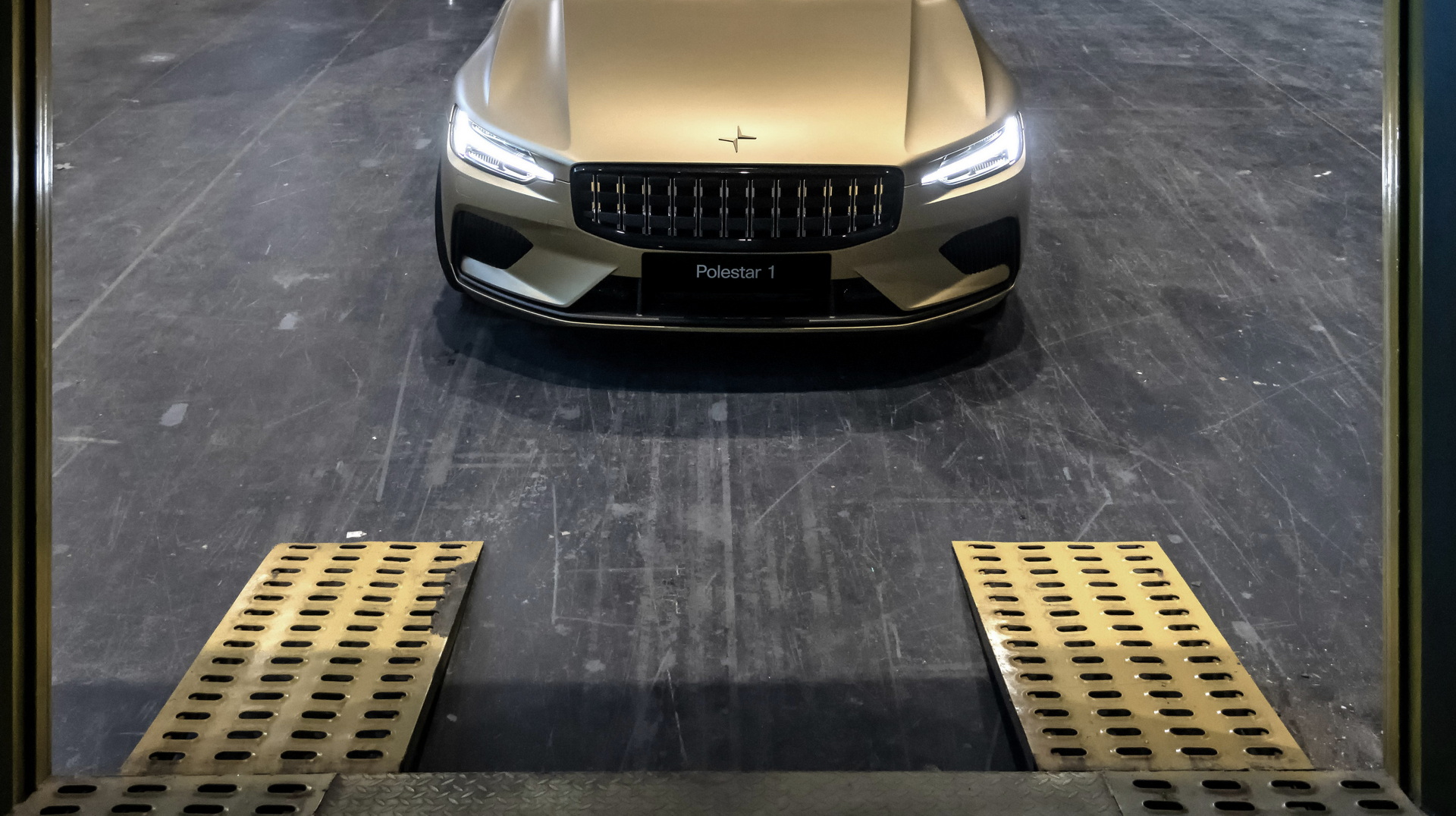
Production of the Polestar 1 vehicle is scheduled to cease at the end of 2021, after which its manufacturer predicts the car will become a collector’s item.
In celebration of the vehicle and its legacy, Polestar will allow buyers to trade in pieces of fine art that match the value of the car, for a limited time.
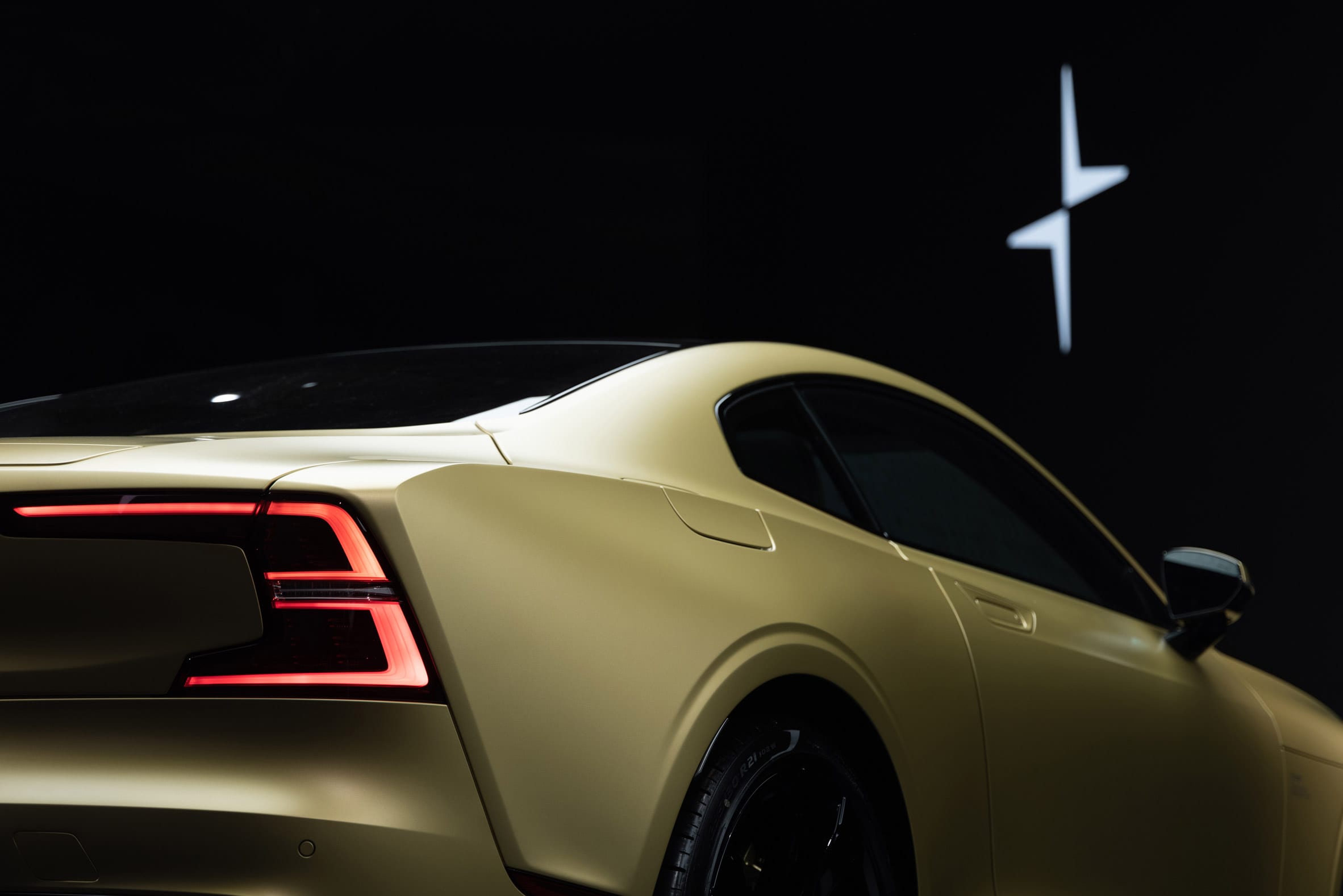
“The hand-built Polestar 1 is limited to 1,500 cars and with production due to end soon, it will surely become an instant collector’s item,” said Nils Rylén, head of global marketing communications at Polestar.
“Collectible cars are gradually becoming better investments and the market is strengthening for vintage cars.”

The Polestar 1 has a lightweight body and is made from carbon fibre-reinforced polymer. It is equipped with a twin rear electric motor and high-performance components.
“It is hand-made, precious and tangible – much like a piece of art,” added its CEO, Thomas Ingenlath.
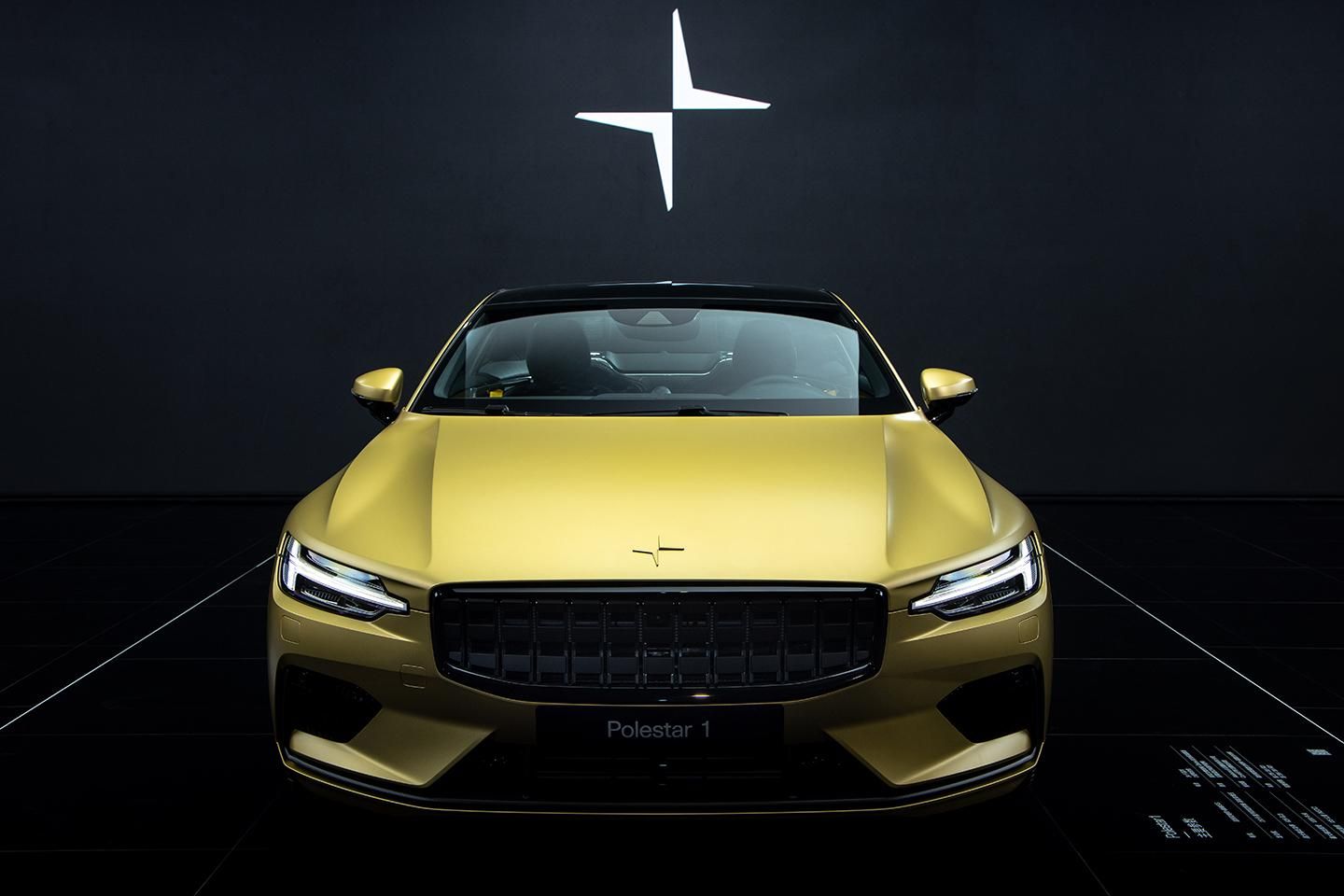
“The uncompromised design of the Polestar 1 provides graceful lines, a sculpted exterior surface, combined with state-of-the-art technology underneath,” said Rylén.
“Each part and every detail is there for a reason – much like Mark Rothko’s ‘multiform’ style. The fluidity, depth and strength are represented in both. They also encompass complex layers and superimposing intensity.”
The initiative will see prospective buyers submit their artworks for consideration and valuation by art advisor Theodor Dalenson, who will assess whether they match up to the value of a Polestar 1: €155,000 Euros (approximately £133,000). If so, the buyer will be offered a direct swap.

The campaign aims to recognise the beauty and significance of artworks, steering away from regular monetary transactions.
“Historically, many significant art transactions have taken place outside of what we today associate with the art market,” said Dalenson. “Going back several hundred years in time, art trading mainly took place between artists and patrons.
“Painters like Picasso were known to trade sketches for restaurant meals. Polestar’s initiative is essentially a natural extension of the tradition of art being used as payment for precious goods.”
All forms of fine art will be considered, including sculptures, photographs, paintings and installations. Once accepted by Dalenson, the art will be valued by one of the world’s largest arthouses – Philips or Sotheby’s.

After a period of ownership, Polestar intends to sell the art through dealers representing the artists and auction houses.
“Polestar is a digital-first brand and we decided early on to step away from traditional, physical sales points,” said Ingenlath. “We are much more interested in exploring new ways of doing things.”
“I love the idea of letting artists and collectors buy a Polestar 1 with art – it is such a special car, and we wanted to find a unique way of celebrating it before its production reaches an end.”

The scheme runs from 10 June to 15 August 2021 across Europe and North America. Buyers can submit art for review through Polestar’s website.
Source: dezeen.com




